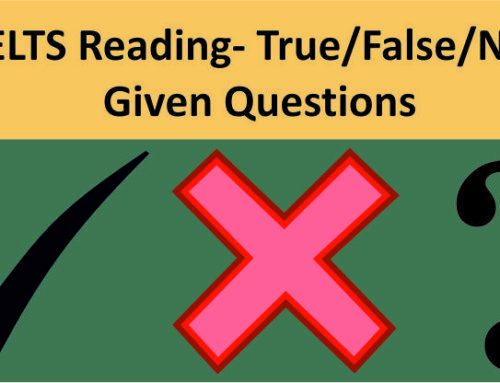Fluency plays an important role in every language. Talking about IELTS, fluency is not just an imperative factor to be considered in the speaking module but it is also important in the other three modules. Following points will elaborate the vital role of fluency in reading, writing and listening.
Fluency in Reading

Fluent readers can easily skim and scan the passages. Such readers are usually focused on their task achievement. Hence, this helps them in finding the answers quickly. Furthermore, this helps them in time management as well.
Fluency in Writing

The IELTS writing test is of only sixty minutes, so being a fluent writer can help you score higher. This will give you more time to meet the required word count of 150 and 250 words for Task 1 and Task 2 respectively. Candidates with this practice get ample of time for proofreading.
When you practice, use the same conditions as the test. To do this, have a Task 1 and Task 2 question ready, use a pencil and paper, and time yourself for sixty minutes. This will help you improve your fluency and push you to write faster.
Fluency in Listening

Fluency is an important aspect in a listening module as well. Every time you have a chance to listen to English, you should. This is how you will improve! When you watch a movie, watch it in the English language. Learn to be a good listener and enjoy this process of learning. These ways can help you in excelling in this module of IELTS.
In conclusion, improving your fluency is improving your English. You will find that when improving your listening fluency, your speaking fluency will also improve. Likewise, when you improve your reading fluency, your writing fluency will improve. They are all inter-connected with each other.
For more information contacthttp://www.welkinedusolutions.com/contact-us/






[…] Practice – Fluency Isn’t Just a Speaking Skill! […]
[…] Practice – Fluency Isn’t Just a Speaking Skill! […]
[…] Practice – Fluency Isn’t Just a Speaking Skill! […]
[…] Practice – Fluency Isn’t Just a Speaking Skill! […]
[…] Practice – Fluency Isn’t Just a Speaking Skill! […]
[…] Practice – Fluency Isn’t Just a Speaking Skill! […]
[…] Practice – Fluency Isn’t Just a Speaking Skill! […]